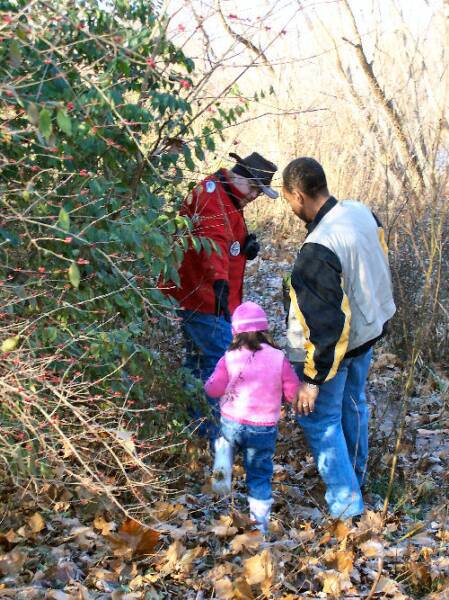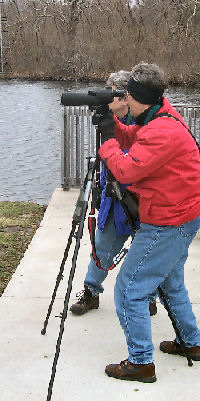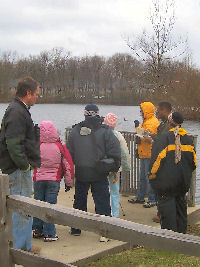I’ve heard it said that, "The most important instrument used in singing is the heart".
As I consider that statement...I agree andI it rings true of this column's bird: The Song Sparrow.
Of course, many birds are known for the beautiful songs that they sing. Just by virtue of its name you’d think that a bird called the “Song Sparrow” would be a songster of unparalleled accomplishment. Some may indeed feel that this bird has a lovely song, but for me personally, I don’t think this is the case…by a long shot. (Click on this link to hear its song.
While I don’t think the Song Sparrow is the most accomplished songster…(by a long shot), I do have to give this bird its due and recognize that it’s aptly named! The song sparrow really appears to put its heart and soul into the songs that it does sing. Many times this bird will sing at every stop along its way. And many times, at each of these stops, it appears to take a deep breath…stretch its neck…lean its head back…and let loose…with all the gusto it can possibly muster!!! It does this persistently, and often all year-round. Even in the dead of winter, when few other birds are singing, one can hear the Song Sparrow. It’s hard not to be impressed with that!!! Many of you, no doubt, hear the song of the Song Sparrow, but just aren’t aware of what bird is making that sound.
Sparrows are an interesting group of birds…in that most folks tend to find them “uninteresting” and somewhat “lowly”. But they are much needed and play an important part in the world around us. They eat the seeds of many plants we consider “weeds”. And they eat many of the insects we consider “pests”.




